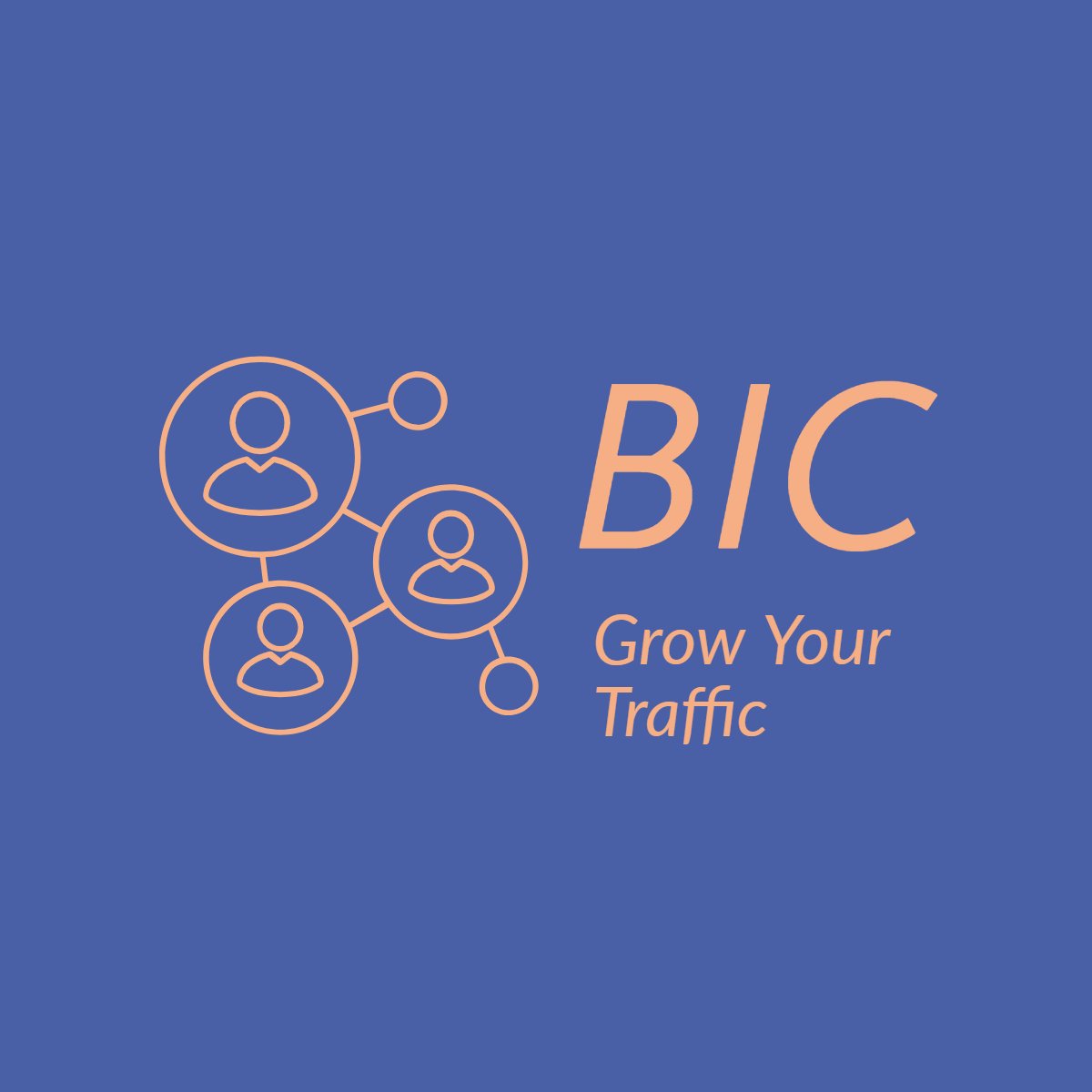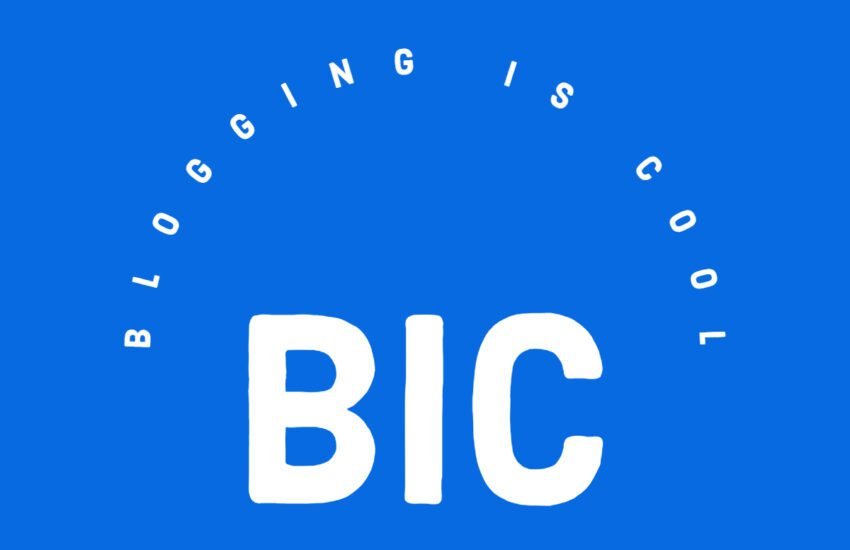How to Index Your Blog Posts on Google Faster
What is Google Indexing?
Google indexing is like adding a book to a library so people can find it. When you create a website or publish new content online, Google sends out little programs called “spiders” to visit your website and read all the information on it.
These spiders follow links from one page to another, gathering data about your website’s pages and content.
Once the spiders collect this information, Google adds it to its massive library of web pages, which is called the “index.”
This index is like a giant catalog of all the websites on the internet. When someone searches for something on Google, it looks through this index to find relevant web pages to show in the search results.
So, indexing is essential because it ensures that your website’s pages are included in Google’s search results, making them discoverable to people searching for related information online.
How does Google Index?
Google uses automated programs called “spiders” or “crawlers” to index web pages across the internet.
These spiders start by visiting a few web pages they already know about and then follow links on those pages to discover new ones. As they visit each page, they gather information about the content, structure, and links on the page.
This information is then sent back to Google’s servers, where it is analyzed and added to Google’s index, which is like a massive library catalog containing information about billions of web pages.
Google’s algorithms prioritize which pages to crawl and how often based on factors like the page’s relevance, popularity, and how frequently it is updated.
Additionally, website owners can use tools like Google Search Console to submit their site for indexing or request re-crawling of specific pages.
Overall, Google’s indexing process is automated and continuously updated to ensure that its search results are accurate, relevant, and up-to-date for users.
Effective Strategies to Get Your Blog Indexed
Having your blog posts indexed on Google is crucial for driving traffic and increasing visibility. However, getting your content indexed quickly can sometimes be a challenge.
In this article, we will discuss ten effective strategies to help you index your blog posts on Google faster.
1. Utilize the Google Search Console URL Inspection Tool:
One of the most efficient ways to get your blog posts indexed quickly is by using the Google Search Console URL Inspection Tool.
This tool allows you to request indexing for specific URLs, ensuring that Google crawls and indexes your content promptly.
2. Remove Crawl Blocks in Your Robots.txt File:
It’s essential to review your robots.txt file and ensure that there are no crawl blocks preventing Google from accessing your blog posts.
By removing any crawl blocks, you allow search engine bots to crawl and index your content without any hindrance.
3. Check Your Sitemap URL for the Blogpost:
A sitemap acts as a roadmap for search engine crawlers, guiding them to the various pages on your website.
Make sure that your blog post is included in your sitemap and that the sitemap is submitted to Google Search Console. This will help Google discover and index your content faster.
4. Avoid Orphaned Pages:
An orphaned page is a page on your website that has no internal or external links pointing to it. Such pages are often neglected by search engine crawlers.
Ensure that your blog post is not an orphaned page by adding internal links from other relevant pages on your website. This will increase the visibility of your blog post to search engine bots.
5. Fix No-Follow Internal Links:
Internal links play a crucial role in guiding search engine crawlers to your blog posts.
However, if these internal links have a “no-follow” attribute, it tells search engines not to follow them. Review your internal links and ensure that they are not set as “no-follow” for your blog posts.
6. Add More Internal Links Pointing to Your Posts:
Building upon the previous point, it’s essential to have a network of internal links pointing directly to your blog posts.
This interlinking structure helps search engine crawlers discover and index your content faster.
Add relevant internal links from other blog posts or pages on your website to increase the visibility of your blog post.
7. Focus on High-Quality Unique content
To rank higher on Google, focus on creating high-quality, unique content.
This means writing articles, blog posts, or webpage content that is original and valuable to your audience. Make sure your content is well-researched, informative, and engaging.
Use relevant keywords naturally throughout your content to improve search engine visibility. Additionally, include images, videos, or infographics to enhance the user experience.
By consistently producing valuable and original content, you can increase your chances of ranking higher on Google and attracting more visitors to your website.
Conclusion
Indexing is crucial because it ensures that web pages are discoverable and accessible to users through search engines like Google.
When a webpage is indexed, it means that it has been added to the search engine’s database, making it eligible to appear in search results when relevant queries are made.
Without indexing, web pages would remain invisible to search engines, rendering them virtually impossible for users to find. Therefore, indexing is essential for websites and online content to reach their intended audience, attract traffic, and fulfill their purpose, whether it’s providing information, selling products, or offering services.
Additionally, indexing allows search engines to organize and prioritize web pages based on relevance and quality, ensuring that users receive accurate and useful results when conducting searches.
Overall, indexing plays a vital role in connecting users with the information they seek on the internet, making it a fundamental aspect of the online experience.
It’s important to try to have your blog rank higher on Google because it helps more people find and read your content.
When your blog appears at the top of search results, it gets more clicks and visits. This means more people are reading what you have to say, which can increase your influence and help you connect with a larger audience.
Higher rankings also build credibility and trustworthiness for your blog. People tend to trust websites that appear at the top of search results more than those further down.
So, aiming for a higher Google ranking can bring you more readers and credibility.


